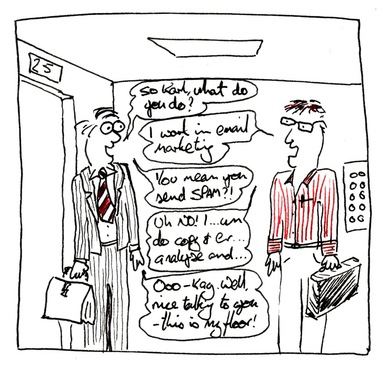
I'm taking a leadership program offered by the North Tahoe Business Association. It's like Toastmasters but a whole lot more. It is definitely keeping me on my toes and encouraging me to further refine the purpose of my sustainable food project. Here's my pitch (it's a little long. I'm banking on a ride to the 50th floor)...
"I’m working to create a more sustainable food community in North Tahoe. By building a regional food system within 150-miles, Tahoe can reduce its food insecurity. A food hub will aggregate food produced by our more food abundant neighbors for regional distribution lessening our dependence on the national food system. It keeps Tahoe fed and creates inter-commerce between regional partners. Money that circulates regionally supports local economies which encourages new business and creates jobs. By taking a regional approach, communities can work together to address their food security and build a more equitable supply chain. A North Tahoe food hub will offer multiple services in order to be sustainable such as a commercial kitchen; retail for locally, produced, specialty foods; cold storage for hunger relief agencies; and farm education. Yes, farming! With nearly 280-days of sun, Tahoe doesn’t need to be a food desert. We can work within our climate constraints and harness the sun's energy by employing 4-season growing techniques."
And then the person in the elevator says, "Aren't food hubs only feasible if close to where the food is produced?" My answer, "All communities need a food hub."
If every community was focused on food security and took responsibility for how their food was sourced, we will have fed the world one community at a time. Not every community can grow their own food but they can establish food policy which advocates for how it is produced and distributed. The further you are from your food source, the more a food hub reduces your food insecurity.

 RSS Feed
RSS Feed
